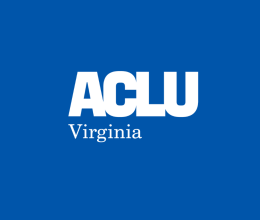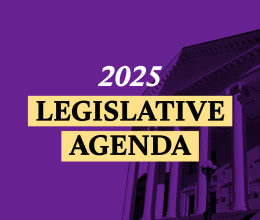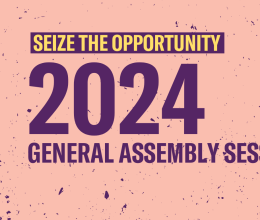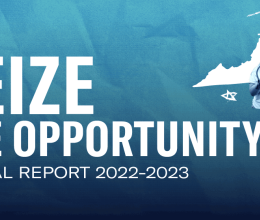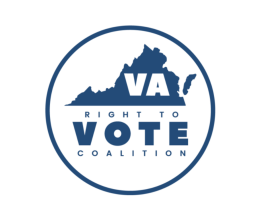
LYNCHBURG, Va. — A federal court today approved a partial settlement to remove Virginia’s witness requirement for voters who believe their health would be at risk due to COVID-19 if forced to comply. The agreement pertains to the June 23 primary, and stems from a lawsuit brought by the American Civil Liberties Union and ACLU of Virginia.
“Voting is the cornerstone of our democracy and must be preserved during the COVID-19 pandemic,” said Eden Heilman, legal director for the ACLU of Virginia. “We’re pleased the court agrees that waiving the witness requirement is a reasonable measure to help voters stay safe without giving up their right to vote. We encourage the State Board of Elections to proactively waive the witness requirement for all 2020 elections.”
Any voter who submits an absentee ballot by mail must open the envelope containing the ballot in front of another person, fill out the ballot, and then have that other person sign the outside of the ballot envelope before it is mailed back. Now, voters who do not think they can safely find a witness will not be forced to comply with the witness requirement for the June 23 primary. In addition, the Commissioner of Elections will be required to inform voters about the change and provide updated guidance to local election officials instructing them to count all absentee ballots in the June primary that are otherwise validly cast but missing a witness signature. The case is still pending regarding all elections in 2020 that may be affected by the pandemic, including the Nov. 3 election.
“The court’s action preserves the right to vote for Virginians who cannot risk their health to obtain a witness signature in the middle of the COVID-19 pandemic,” said Davin Rosborough, a staff attorney with the ACLU’s Voting Rights Project. “This settlement is a common-sense solution that protects both public health and democracy.”
The case was filed on behalf of the League of Women Voters of Virginia and several individuals. Over a quarter of Virginians age 18 and over live by themselves, and almost a third of Virginians over 65 years of age — one of the groups most vulnerable to COVID-19 — live alone. And the impact of this requirement will also fall heavily on Virginians with disabilities and Black Virginians, who live alone in larger percentages than the population as a whole and who also are experiencing COVID-19 at disproportionate rates.
“We are pleased the court saw the pressing need for relief for Virginia voters,” said Deb Wake, president of the League of Women Voters of Virginia. “Because of today’s decision, voters will be able to cast their ballots in safety without risking their health to locate a witness.”
The lawsuit, League of Women Voters of Virginia v. Virginia State Board of Elections, was filed April 17 in U.S. District Court in Lynchburg, Va.

